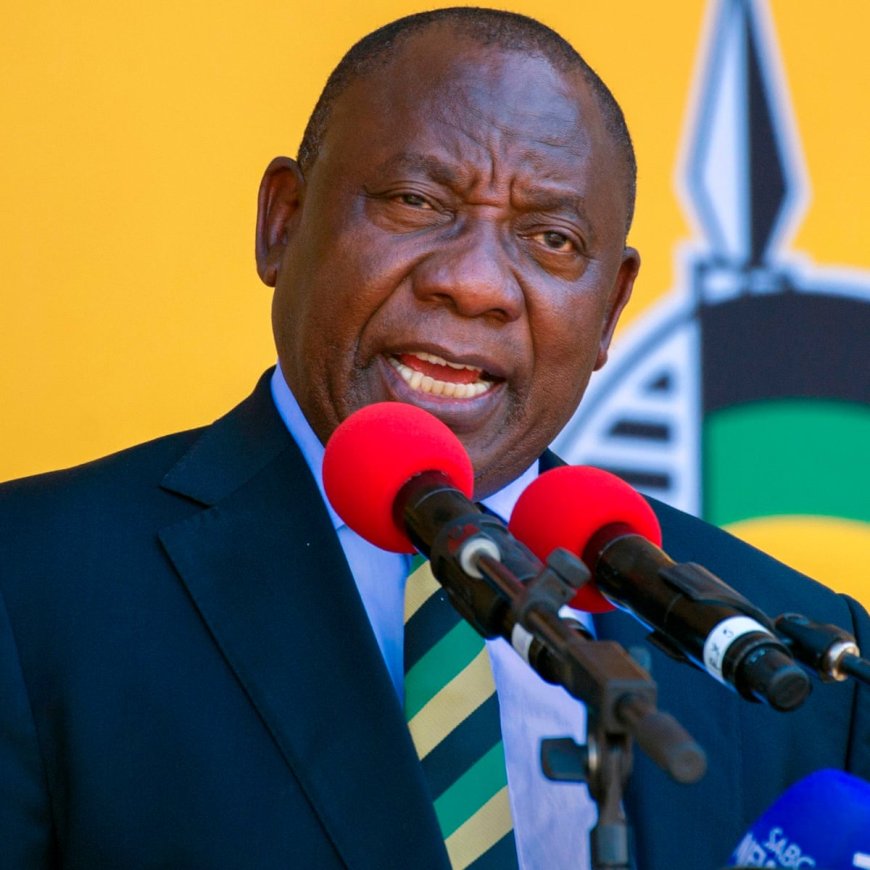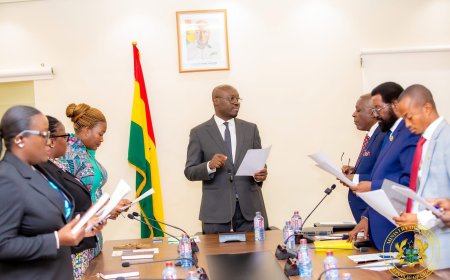Ramaphosa blasts his coalition partner.

South Africa's key coalition partners are at odds just weeks after agreeing to share power, with President Cyril Ramaphosa accusing DA leader John Steenhuisen of attempting to form a "parallel government" in violation of the constitution.
He is alleged to have made the explosive accusation in a letter to Mr Steenhuisen dated June 25, which was seen by local media. Markets have fallen on the news of the growing schism, which comes at a time when Mr Ramaphosa's African National Congress (ANC) and the Democratic Alliance (DA) are expected to be dividing cabinet positions and settling into office.
When the ANC failed to gain an outright majority in the previous month's election, the main opposition DA agreed to establish a government of national unity that would keep President Ramaphosa in power - in exchange for DA politicians getting cabinet positions.
The ANC later formed a partnership with eight smaller parties, putting Mr Ramaphosa under pressure to include some of them in his cabinet as well.
According to local media sources, Mr Ramaphosa sent his furious letter after making a final offer to the DA for six cabinet positions. According to the News24 website, the DA then wanted two additional positions, infuriating the ANC's leadership. Mr Ramaphosa's letter accused the DA leader of "moving the goalposts" during the bargaining process.
He also chastised the DA's powerful federal chairperson, Helen Zille, for "offensive, condescending, and inconsistent with the constitution" demands. Local media also allege that Mr Ramaphosa has reneged on his vow to grant the DA the Trade Premium benefits.
The current controversy is raising concern as South Africa enters unfamiliar political ground. The ANC has lost its parliamentary majority for the first time since 1994, when it won power after the racist apartheid government was abolished. It received 40% of the vote, compared to 22% for the Democratic Alliance.
Initially, analysts told the BBC that the two sides may be posturing in order to achieve the best deal for themselves, but the latest revealed email suggests deeper schisms that some fear would undermine the coalition agreement struck on June 14. The rand, South Africa's currency, fell against the dollar as news of the agreement's likely collapse spread.
The business sector has consistently lobbied for an agreement between the two parties, believing it would help achieve economic stability.
























































